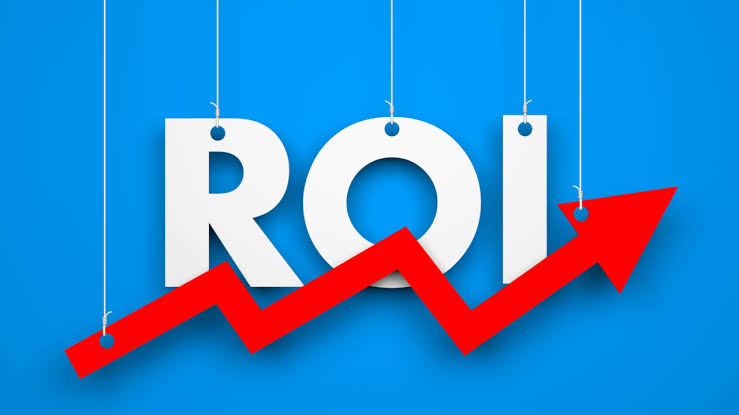By Zion Rufus
There is pressure, now more than ever, for B2B marketers to prove the effectiveness of their campaigns and measure marketing return on investment as the world faces a global recession.
Return on investment (ROI) has long been a crucial consideration for organizations. However, the manner in which ROI is applied varies based on an organization’s priorities, with some emphasizing long-term returns and others focusing on short-term gains.
In the digital business landscape, ROI has become a key metric in marketing due to its ease of use and ability to track campaign performance. As such, measuring ROI has become a vital aspect of digital marketing strategy. However, in light of recent developments such as inflationary pressures and economic uncertainties, measuring marketing returns on investment has become an even bigger challenge.
A Global B2B Marketing Sentiment Survey conducted by LinkedIn in 2022 revealed that approximately half of the senior marketers surveyed experienced budget cuts due to the current economic situation.
Weighing in on how B2B marketers can navigate their budgets during recessionary times, Jake Klein, CEO of Dealtale said: “As a B2B marketer operating in today’s environment, you need tools that not only allow you to measure ROI, but also help you understand which marketing actions drive ROI and why, so that you can extend the things that are working, and stop the things that aren’t.”
“Since the true measure of marketing ROI is revenue/spend, alignment with an organization’s sales department – while always important – is now more critical than ever. B2B marketers can no longer afford a ‘growth at all costs’ approach. ROI is now top of mind,” he stated further.
Cyrielle Czyzewska, a creative marketing and communications expert pointed out that unfortunately today, marketing only makes sense if it brings leads and shows high ROI.
According to Czyzewska, the role of marketers has become highly misunderstood both by clients and boards.
Daniel chukwu, a digital strategist believes there should be a balance between tangible ROIs and Intangible ROIs as B2B marketers justify their marketing spend or budget increases for campaigns and initiatives.
“While the pursuit of ROI is critical to driving business growth, businesses often focus on tangible ROI because it feels like the only marketing goal that matters. It’s easy to ask: “How much sales did we make this month?” or “How many paying customers have we acquired in the past 6 months?,” Chukwu posed in a submission.
“Tangible ROI is very important because it is easy to measure and compare while its direct impact on business growth can easily be seen. But focusing on tangible ROI and neglecting intangible ROI such as top of mind awareness, brand recognition and trust can have the same damaging impact on business growth as neglecting tangible ROI,” he said.
Nelson Oshodi, VP, Growth and Membership, at ADMARP maintains that by utilizing ROI metrics, businesses can accurately assess the effectiveness of their marketing campaigns and make data-driven decisions to optimize their marketing efforts. Overall, a focus on ROI in the digital business landscape allows for more informed decision-making and greater accountability for marketing investments.
“Revenue should be the driving force of any business, and since marketers are tasked with crafting the message for customers, their focus should continually be on how those messages attract and retain customers,” says Ireti Akiwumi, digital media consultant, Calibri Solutions.
ROI is not only a key metric for any marketer, it’s how any business can continue to stay afloat in providing services to customers at the lowest cost possible.






Comment
No comments found.